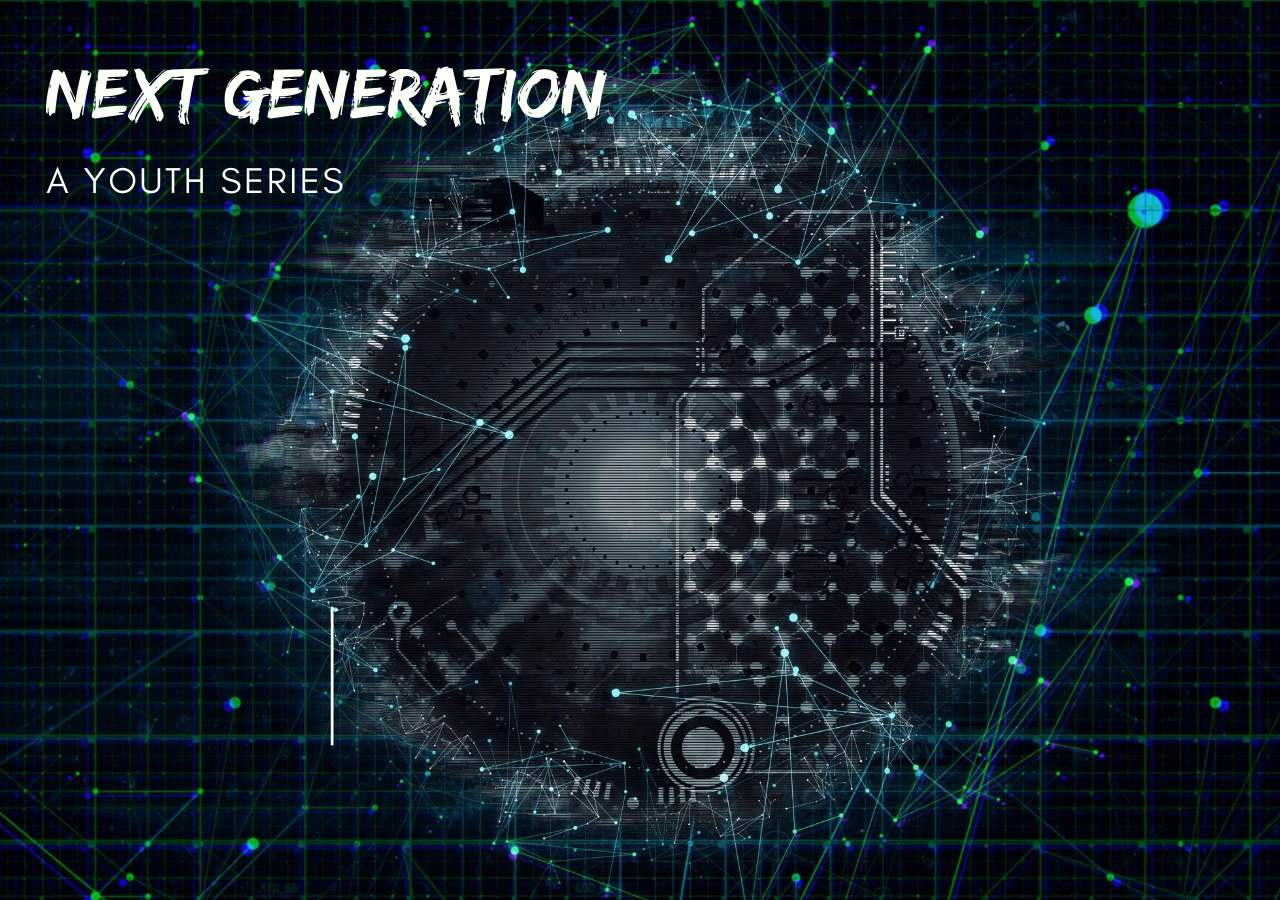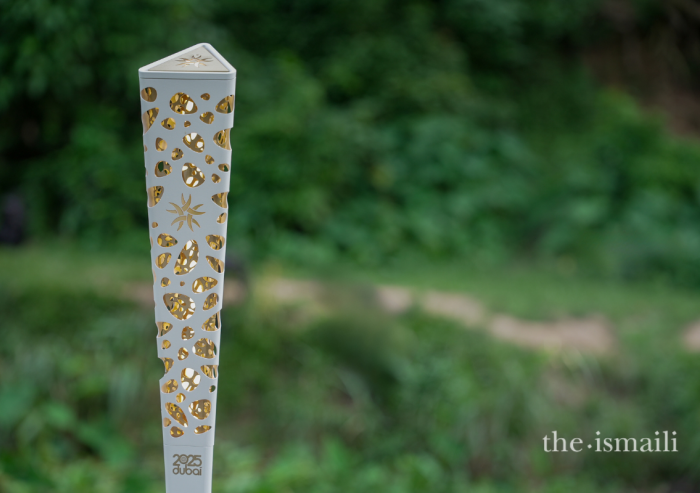In an interview with Henri Weill from La Cohorte Magazine in 2019, Mawlana Hazar Imam said “We are living in a totally different world. And the most important thing is to be able to predict change such that a community’s institutions can start anticipating and preparing themselves.”
In a rapidly growing world with a volatile economy and uncertain geopolitical factors, young Ismailis are making contributions through unique endeavours and career paths.
Using exponential technology for good
When Zaynah Bhanji was 13 years old, she found an interest in exponential technologies, specifically artificial intelligence and virtual reality. Artificial intelligence is using computer systems and programmes to perform natural human processes, while virtual reality is a 360-degree virtual world that you can step into with a headset on. Given her interest in both and after learning more, she combined them to create Articulate.
zaynah_4.jpg
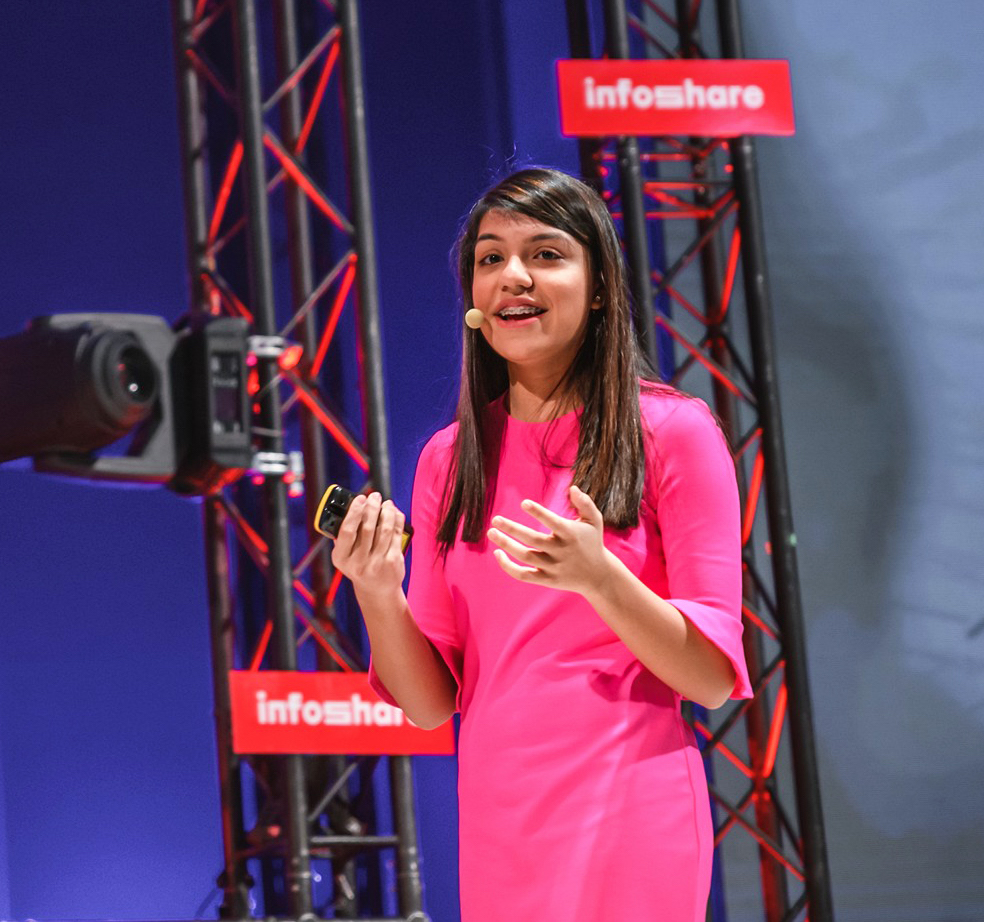
Articulate is a programme that aims to help people develop their public speaking skills in a virtual environment using a headset that mimics an office environment, a conference, or any place of their choice. The programme also uses artificial intelligence to deliver metrics and feedback on various aspects of their delivery. This is an important skill that everyone can continuously improve, she said.
Zaynah’s interest in technology started at a very young age when she joined her school’s robotics team at age 10, being the only girl on the team. She is now using her knowledge and skills to give back to younger students so they have the experiences she did through participating in the InnoTecha programme for middle school students to explore topics such as 3D printing, the Internet of Things, and virtual reality.
“Regardless of what industry or profession we are in, all of these technologies are important. These technologies are enablers and they can be used to solve our everyday problems as well as our global problems,” said Zaynah.
She has also worked with Deloitte, Microsoft, CIBC, and Google on projects in the fields of banking, healthcare, and education, as well as consumer products. Zaynah has also traveled and spoken at many conferences, notably in Poland, San Francisco, Dubai, New York, Toronto, and more.
Zaynah is currently completing Grade 11 in Canada and hopes to go into the field of computer science or software engineering. In the future, she hopes to use her skills to give back to the Jamat all around the world.
Normalising sustainability for development
During her time at Cornell University studying Environmental Sustainability Sciences, Saqifa Walli was part of a team that studied and created a scenario report on the possible effects of increased sea-level change and coastal erosion in the unique cluster of Islands in the South Pacific; the Kingdom of Tonga. Together with other students involved with the university’s Urban and Regional Planning Department, she conducted extensive research, both remotely and on-site, with the Kingdom’s Ministry for Lands, Survey, and Natural Resources to learn about their work and explore proposals for improvement.
saqifa.jpeg
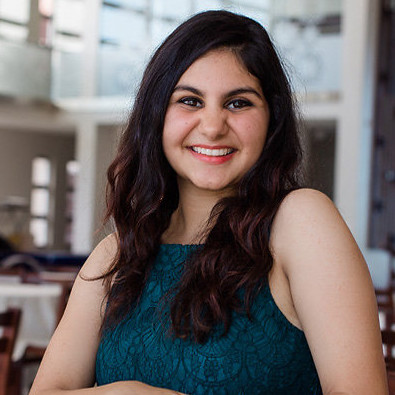
The endeavour taught her that there is always more to urban planning than meets the eye. She remembers being constantly reminded to consider the context of their project and took the opportunity to experience the region’s culture before suggesting ways to preserve the Kingdom’s heritage.
Growing up in the coastal regions of Tanzania and Kenya, she always felt an affinity for the natural environment, but she was also living in a region of the world undergoing rapid urbanisation and vertical development, without completely considering the long-term cost of the environment. This inspired her to pursue a career in sustainability that would help contribute to cities in developing nations by shedding light on the value of the natural environment. Saqifa hopes that normalising the concept of sustainability in the construction and planning industry will lead to the creation of safer urban and natural environments.
“I think it’s important for people to remember that sustainability is not simply a chapter or phase in our path to development. It should be a core value for any development-driven projects and initiatives and deeply integrated into every goal,” said Saqifa.
Saqifa graduated from Cornell University in 2019 and is currently pursuing a specialisation in Construction Project Management from Columbia University and a LEED Green Associate certification. She hopes to learn more about green building techniques and global standards of sustainability within the construction and planning industry, and find ways to apply new ideas and technologies to projects in developing nations, particularly in Africa.
Being intentional about finance and entrepreneurship
Over the past few years, Shaan Madhavji has been involved in various social entrepreneurship and impact investing activities. Impact investing consists of investments in companies, organisations, and funds aiming to generate positive social and environmental impacts, in addition to a return on investment, he said. In 2016, Shaan wrote his high school thesis on impact investing and decided to raise awareness of and take part in impact investing events.
Notably, in October 2019, he helped to organise the first edition of the Sustainable Development Goals Finance Summit in his hometown of Geneva, Switzerland. Around 30 entrepreneurs from developing countries gathered to promote their innovative products and services that contribute to make the world a better place. These experiences have inspired him to take on the task of being involved in initiatives that also contribute to the UN’s Sustainable Development Goals.
shaan_madhavji-headshot.jpeg
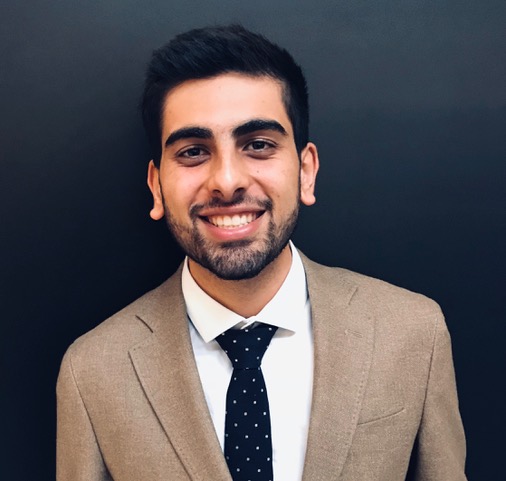
One way he has been doing this is through his passion for education and diversity and by being intentional about creating opportunities for himself and others. This is why he became involved with an Ismaili-founded programme based out of North America called The Knowledge Society (TKS). TKS is a merit-based, 10-month extra-curricular accelerator program for high potential 13-17-year-olds. Through project-based learning and real-world skill-building, it trains young people to solve the world's biggest problems using emerging technologies. The TKS programme also has a great focus on developing mindsets that can potentially help students achieve success and happiness, and become the best version of themselves in order to change the world for the better - skills they often do not learn at school.
“Curiosity is a powerful tool that shapes our potential. Seeking knowledge helps to understand what you’re truly passionate about. I want to help people find their passion so they can develop themselves in a way that makes them happy,” he said.
Shaan is now entering his final year at university, studying Hospitality and Management in Lausanne, Switzerland. In the future, he plans on getting even more involved with impact investing companies, as well as helping young people connect with each other, to find what they’re most passionate about and to positively impact millions of lives. He hopes to permanently work for TKS after graduating from university.

